
Algeria says producing nations must seize the moment
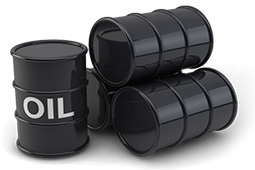
Mohamed Arkab, who is Opec's current president, said producers could "promote a sense of responsibility and reach an agreement on a reduction in oil production which is global, massive and immediate." A video conference is planned for 9 April, involving as-yet unconfirmed producing nations. It was to have been held today but was postponed because of tensions between Saudi Arabia and Russia over who was at fault for the failure to secure an extension to the most recent Opec+ production restraint agreement.
In an apparent bid to ease these tensions, UAE energy minister Suhail al-Mazrouei highlighted late yesterday the critical role both of these countries had played in the group's market management efforts since 2017.
"We note the important role of the kingdom of Saudi Arabia in the Opec+ agreement, and… appreciate the important role played by countries outside Opec, especially Russia, for their constructive co-operation to achieve balance in global markets," he said.
The rift may not be irreparable, with Russia and Saudi Arabia now "very, very close" to a deal on oil production cuts, according to Russia's sovereign wealth fund RDIF's chief executive Kirill Dmitriev.
"I think the whole market understands that this deal is important and it will bring lots of stability, so much important stability to the market. We are very close," he said. Russia has advocated a collective production cut of 10mn b/d from average first-quarter levels.
Iraq has also voiced support for the meeting, but emphasised that it will not shoulder the burden of any new production cuts.
"Producers, whether from Opec+ or outside it, are in the same boat, and everyone should bear the responsibility of reaching [oil market] stability through a new [production] reduction agreement," Iraq's oil minister Thamir Ghadhban said. The UAE's al-Mazrouei said "a joint and combined effort by all producing countries" is required to address the current weakness of demand, "not only the group of Opec+ countries."
These comments are aimed at encouraging US participation. Opec+ delegates have repeatedly told Argus that the US would need to be involved in any new global pact to restrain output.
Some US shale producers have called on the Texas Railroad Commission (RRC) to use its powers to curtail output in a bid to slow the slide in prices, just as it did during the Great Depression of the 1930s. But US president Donald Trump appears to be looking to insulate the US from production cuts and cautioned that if Saudi Arabia and Russia are not able to deliver cuts, which he estimated at 10mn-15mn b/d last week, the US may consider rising tariffs on imported crude.
"I am a big believer in our great energy business, and we are going to take care of our energy business," he said.
Ultimately any deal to meaningfully reduce global crude output will lay in the hands of the US, Saudi Arabia and Russia.
''The UAE is confident that, if an agreement can be reached, all producing countries will work quickly and co-operatively to address the weak demand for oil in global markets, helping to rebalance the market and maintain global oil inventories at reasonable levels,'' al-Mazrouei said.
The breakdown of restraint co-operation in early March, coupled with the drastic fall in global oil demand arising from efforts to contain the coronavirus pandemic, led to global oil prices falling by as much as 50pc last month. Today, the Ice front-month June Brent contract fell to as low as $30.03/bl at one point, before recovering to $32.93/bl at 10:32 GMT — down by $1.18/bl from its settlement on 3 April.
By Iain Packham and Nader Itayim


Mali to sell $107M in gold from Barrick to fund mine restart
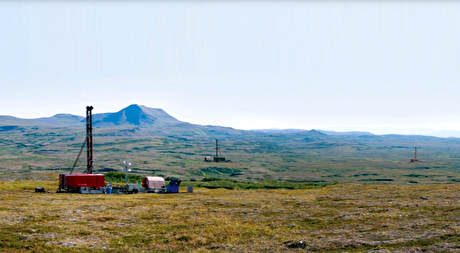
Northern Dynasty in talks to settle EPA litigation, shares hit 5-year high

Gold price retreats to one-week low on US tariff delay
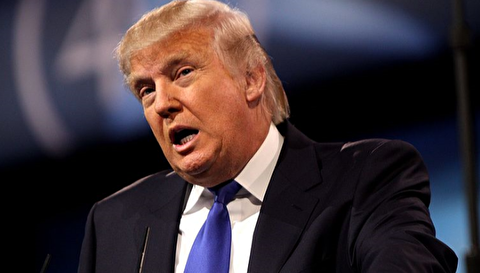
Copper price soars to record as Trump announces 50% tariff

Guinea bauxite exports up 36% on Chinese demand

EU prepares to stockpile critical minerals in case of war: FT

Japan to test mine seabed mud for rare earths

McFarlane Lake expands portfolio with $22M buy from Aris

Summit Royalty to go public in deal with Eagle Royalties
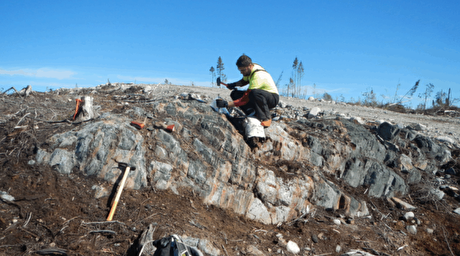
Troilus lands second offtake deal with major European copper producer
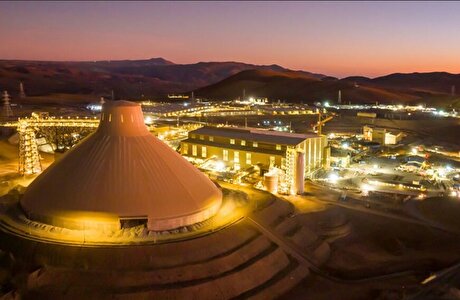
Copper mine output to rise 2.9% annually over next decade, says Fitch’s BMI
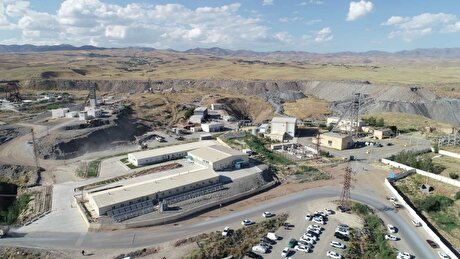
Navoi saw first half output value double on higher gold prices

Fatalities rise for second year in global mining sector

Taseko more than doubles value of Yellowhead project near Gibraltar

McFarlane Lake expands portfolio with $22M buy from Aris
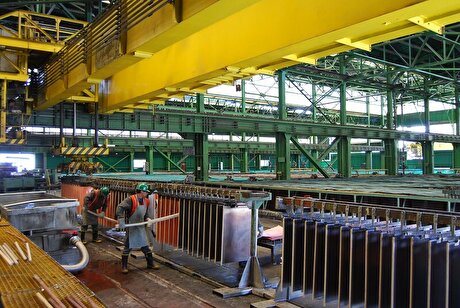
Smelter mishap stokes shutdown push at Codelco
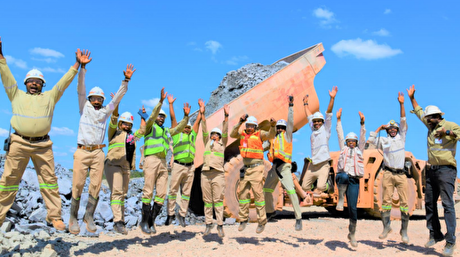
Copper output at Ivanhoe’s Congo mine jumps in second quarter

Gold ETFs drew largest inflow in five years during first half of 2025, WGC says

Glencore to sell Philippine copper smelter to Villar family

Copper mine output to rise 2.9% annually over next decade, says Fitch’s BMI

Navoi saw first half output value double on higher gold prices

Fatalities rise for second year in global mining sector

Taseko more than doubles value of Yellowhead project near Gibraltar

McFarlane Lake expands portfolio with $22M buy from Aris

Gold ETFs drew largest inflow in five years during first half of 2025, WGC says

Mali to sell $107M in gold from Barrick to fund mine restart

EU prepares to stockpile critical minerals in case of war: FT
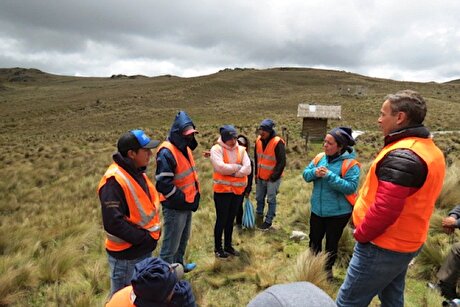
Dundee receives environmental OK for underground gold project in Ecuador












